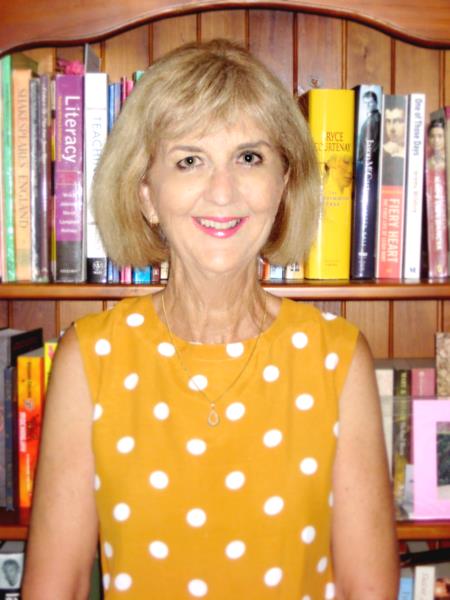
By JONATHON HOWARD
AN EDUCATION lecturer is urging Noosa parents to immerse their young children in language and literature or risk greater difficulties for their children later in life.
Government statistics have revealed this month that Queensland kids are falling dangerously behind in reading and writing.
The statistics paint a grim picture of Queensland parents.
It shows that more than 50 per cent of mums and dads of children aged three to eight years old do not regularly read to their children or participate in informal learning.
Three to eight years old is considered the key learning age for vocabulary, reading and some writing skills and when compared to other states Queensland ranks last for literacy competence.
University of the Sunshine Coast education lecturer Carol Smith is currently completing her PhD on preparing pre-service teachers to teach English and was the co-author of Literacy for the 21st Century, a Pearson Publication 2015.
Ms Smith said she could not imagine any parent not wanting their child to achieve well in reading and writing.
“Having these skills opens up the world (and) family involvement in the reading and writing process is important,” she said.
“Parents need to be observing their children’s development in these areas.
“Please speak with as opposed to ‘at’ children.
“Involve them in conversation and model good language use.
“Read books, poems, rhymes from the very earliest days and play with words in the car, at the dinner table etc.”
Ms Smith said the dangers of children falling behind were “limitless” and could result in systemic learning difficulties.
“There is a theory developed by Stanovich called the ‘Matthew effect’ (in which) the good do more and get better and those who feel unskilled do less and so fall further behind,” she said.
“Unfortunately, there is evidence of this occurring in schools.
“A further danger is that behaviours and strategies that are flawed and are sometimes used by those who are experiencing difficulty, take time to unlearn.”
Ms Smith said the impact of a child’s psychological development was immense and lacking confidence to communicate can lead to untold social difficulties.
“The issue of children learning to read and write effectively is a world-wide issue,” she said.
“What I saw and talked about in the USA at Christmas was no different from what we speak of here – increasingly children are coming to school at Prep level not knowing about story, fairytales and nursery rhymes and the like.”
Ms Smith said children were displaying limited literacy competence as they have no story time with mum or dad.
“Some children who have not been read to and spoken with have limited vocabulary,” she said.
“There are those whose understanding of rhymes, song and dance disadvantages them in picking up on the patterns of language which is so essential for ongoing language development.”
Ms Smith said she supported the federal government’s Best Start library initiative in principle.
“I support any initiative that immerses children in literature and language,” she said.
“I do have concerns which include getting some folk to the libraries when the activities can occur.
“I am thinking some families use the library very regularly as a part of their social, cultural, academic activity.
“The children in these families know about the pleasures and power of reading and writing.
“I hope that those who have not used libraries in this way in the past will see the range of opportunities that exist to learn and grow.”
Ms Smith said Australia’s education system needed greater monitoring.
“Undoubtedly, we have to look at the place that education is given in this country,” she said.
“How much is it valued and do we spend the same time and money on producing quality teachers and programs as occurs in some other countries.”





